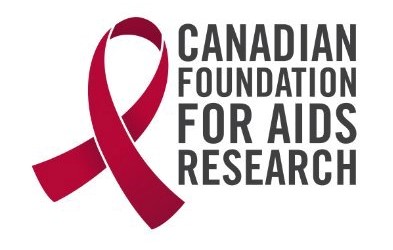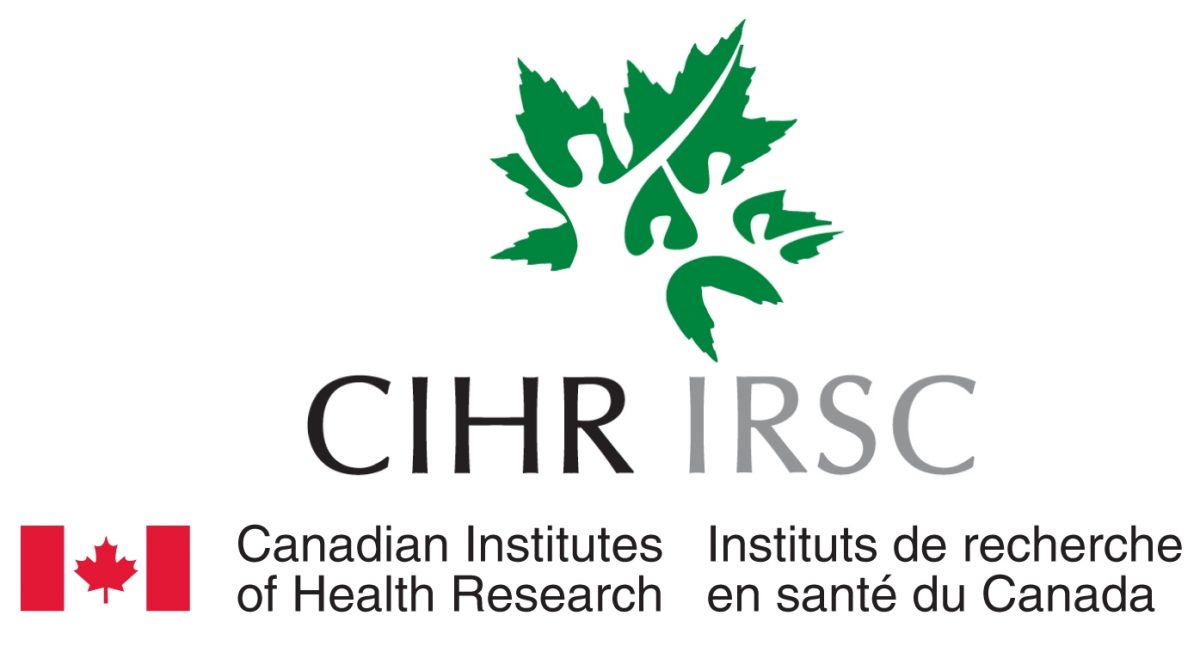Situated within the BC Centre for Excellence in HIV/AIDS, our research focuses on addressing the unique challenges faced by people living with HIV/AIDS (PLWH) utilizing advanced epidemiological, mathematical, and statistical approaches.
We aim to explore topics that combine these disciplines. Currently, our main research interests include:
(1) The impact of HIV on the aging process
(2) The prevention of HIV transmission among men who have sex with men
(3) The application of novel statistical and mathematical methodologies in health research.
Further information on these topics is provided below.
The life expectancy of people living with HIV/AIDS’s (PLWH’s) has continuously improved over the past two decades. While death due to AIDS-related causes has significantly decreased, premature death and illness from non-AIDS-related causes are on the rise in this population. Consequentially, information that helps healthcare providers to select the best care options to address these changes are urgently required.
Our research group focuses on describing both the additional burden and early onset of comorbidities (such as cardiovascular disease, hypertension, and diabetes) in this population to improve our understanding of what factors contribute to reduced health quality in this population. This includes exploring disability-adjusted life years, early mortality, and higher levels of polypharmacy. We aim to construct a statistical model to identify how PLWH’s aging process alters the risk of infection with communicable diseases (e.g., syphilis and hepatitis C), development of chronic illnesses (e.g., diabetes, hypertension, and cardiovascular disease), and the associated economic impact. The group will then leverage this research and utilize mathematical modeling to create a microsimulation model that predicts disease burden in this population over the next 10 years and to describe how other factors like mental health conditions and substance abuse alter these trends.
Men who have sex with men (MSM) are disproportionally affected by the HIV epidemic in high-resource countries. Today, there are four powerful strategies available to prevent HIV infection among MSM: condoms, treatment as prevention, pre-exposure prophylaxis, and non-occupational post-exposure prophylaxis. The application of these interventions in British Columbia has effectively stabilized the rates of HIV infection among MSM since 2004. Concurrently, increases in both condomless anal intercourse and sexually transmitted infections (STIs) in this population have fuelled concerns regarding the impact of these interventions on other areas of sexual health.
To understand how the STI and HIV epidemic interact to increase the risk of both illnesses, we apply a syndemic theoretical approach, a conceptual framework that describes how two diseases may interact with one another to increase an individual’s risk of acquiring each infection. In conjunction, we also explore other additional syndemics, such as injection drug use and access to medical care, and their synergistic effects to increase the risk of HIV and STI acquisition among MSM.
Our team aims to advance the use of statistical and mathematical models in health research by applying novel methods to answer questions in epidemiology and public health. This includes the application of a diverse set of modeling types, in addition to the incorporation of disease modeling approaches to reduce uncertainty in our studies’ conclusions.
One of our predominant interests lies in the development of improved methods to analyze health administrative datasets. Administrative health data encompasses all datasets created with an alternative motive than research. For example, in British Columbia, the Medical Services Program (MSP) dataset and the Discharge Abstract Database (DAD) were collected with the intention to appropriately allocate compensation to physicians and hospitals for the care they provide, respectively. Issues arise in the use of these administrative health datasets for research due to limitations in their ascertainment of non-clinical outcomes and covariates (i.e., smoking patterns, sexual partnerships, health-promoting behaviours) and the risk of misclassification of outcomes based on the algorithms applied.
We currently have multiple projects exploring these issues to help further develop the application of novel methods to improve the use of these crucial forms of population-level data in health research.
Our Funders
Our research would be impossible without the support of our funders. Our team currently operates based on grants awarded by the Canadian Institutes for Health Research (CIHR) and the Canadian Foundation for AIDS Research (CANFAR). We want to thank our funders for their contributions and support of our research.

